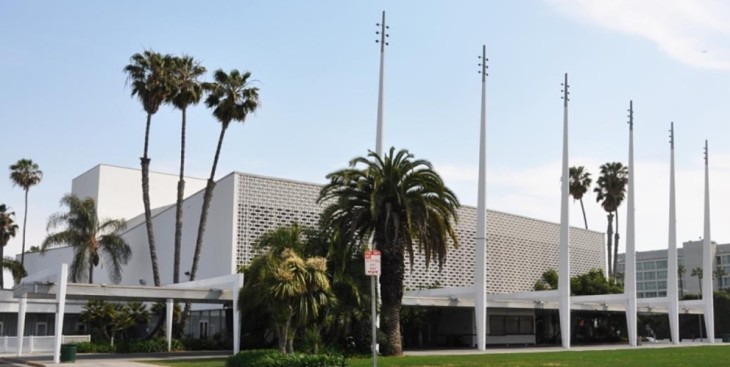Almost no one seemed to notice last month, when California’s new budget took effect, that yet another distinction between citizens and non-citizens was breached. Voting now is about the only area left with a clear line between legal immigrants and citizens. Even for the undocumented, there are few privileges or rights they can’t now enjoy.
The state budget signed by Gov. Jerry Brown in the last days of June contributed its share to this blurring by making immigrant children, regardless of their legal status, eligible for Medi-Cal, the state’s public healthcare program. The expansion of care to under-18 immigrants will take effect next May, costing taxpayers approximately $132 million a year.
The budget also creates $380 million worth of earned income tax credits for poor families who file tax returns, in effect boosting the incomes of about 825,000 families by an average of about $460 a year. Citizenship is not a requirement.
As of Jan. 1, legal immigration status also ceased to be needed for getting a drivers license, although licenses for the undocumented look different from those obtained by U.S. citizens and legal immigrants.
Just one year earlier, undocumented immigrants acquired the right to practice law under a bill signed by Gov. Jerry Brown. They also can now serve as election workers at the polls, even if they can’t vote. And this month in Huntington Park, undocumented immigrants were appointed to seats on two city commissions, a first in California.
But Brown has stopped short of allowing non-citizens either to vote or serve on juries, vetoing two bills that handily passed the Legislature.
So there remain two key differences between non-citizens and citizens, the ability to decide the fate of accused criminals or to rule in civil cases and the right to vote on serious matters of public policy and choose civic leaders to serve in offices from City Hall to the White House.
But keeping those remaining rights and duties reserved exclusively for citizens is not a certainty.
In New York City, for example, left-leaning Mayor Bill de Blasio and the equally liberal city council are considering a law allowing all legal residents, regardless of citizenship, to vote in city elections. There are already a few places that allow something like this, most notably Chicago, where non-citizens with children enrolled in public schools can vote in school board elections.
Pushing a right to vote for New York’s non-citizens, one Queens College political scientist argues that “People are New Yorkers in profound ways without being citizens of the United States.” Non-citizens make up more than one-third of the populace of some city council and school board districts there, notes that city’s Asian American Legal Defense and Education Fund.
It’s no different today in plenty of legislative and congressional districts around California. That’s a key reason a mere 46,000 votes were cast last fall in the East Los Angeles district represented by Democratic Congressman Xavier Becerra, less than one-third the number that voted in the Orange County district of Republican Dana Rohrabacher. Becerra’s district is largely peopled by immigrant non-citizens, contrasting hugely with coastal Orange County.
Some immigrant advocates, like activists pushing voting rights for non-citizens in New York City, maintain accurately that non-citizens are equally affected by public policy from tax levies to road building. So, they say, these folks should have a voice in those matters.
The argument on the other side is that if duties and privileges long accorded only to citizens were to be assigned or given to non-citizens, what’s point of citizenship? What’s the incentive to learn American history and values, both integral to the exam immigrants must pass before they can be naturalized?
Blur the distinctions between citizens and those who are not, and what’s left to move people toward citizenship? Perhaps just the reality that only citizenship would guarantee anyone the right to stay in this country if political winds ever shift radically and result in a mass expulsion of non-citizens, as some presidential candidates now advocate.
The bottom line: it’s probably time to stop further blurring of lines between citizens and people who make that commitment and pledge of loyalty. That’s the only way to make sure people who have sworn allegiance to the United States are the ones making policy here, at all levels.


























